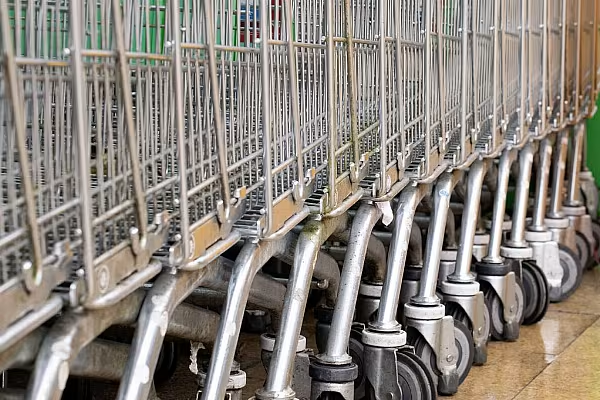The food and drink supply chain in the UK is facing challenges posed by several 'productivity gaps', according to the latest Viewpoint report from IGD.
The UK economy is currently seeing slow productivity growth, which is creating problems for both businesses and government and could threaten national prosperity, IGD noted.
The report entitled Three productivity gaps for UK food and drink also discusses how these challenges might be addressed, what the commercial benefits would be, how to make the supply chain work better, and the benefits to consumers.
'Not A New Problem'
James Walton, chief economist at IGD, stated, "This is not a new problem; productivity gains in the UK have been slow since the 2008-09 recession. However, other economies in Western Europe, which were also hit hard, have restored productivity growth, moving faster than the UK. This productivity gap suggests the UK faces particular challenges.
“Compared to other developed food and drink markets in Western Europe, labour productivity in the UK supply chain is unremarkable. Food and drink supply chains in peer countries have seen better labour productivity gains over the last decade, leaving the UK behind. This has created a second productivity ‘gap’ and if nothing is done, the UK supply chain may continue to lose ground.”
In the UK food and drink supply chain, productivity growth is lowest in retail and eating out.
'Productivity Issues'
Walton added, "Our latest Viewpoint report highlights the different productivity issues at each point in the food and drink supply chain, showing the complexities of the problems – it is not a single issue with a single solution.
“Improved productivity in the UK food and drink supply chain is needed to address several of these business concerns. If this was achieved, consumers could benefit by seeing increased food security, because the UK would be less reliant on imports, and lower food prices by removing unnecessary business costs. The food and consumer goods industry would also be less vulnerable to labour challenges.”
IGD works with stakeholders throughout the supply chain to drive change and implements various measures, including food waste reduction, free learning for the food and consumer goods industry, moving towards circular economies and the drive towards Net Zero.
© 2022 European Supermarket Magazine – your source for the latest supply chain news. Article by Dayeeta Das. Click subscribe to sign up to ESM: European Supermarket Magazine.














